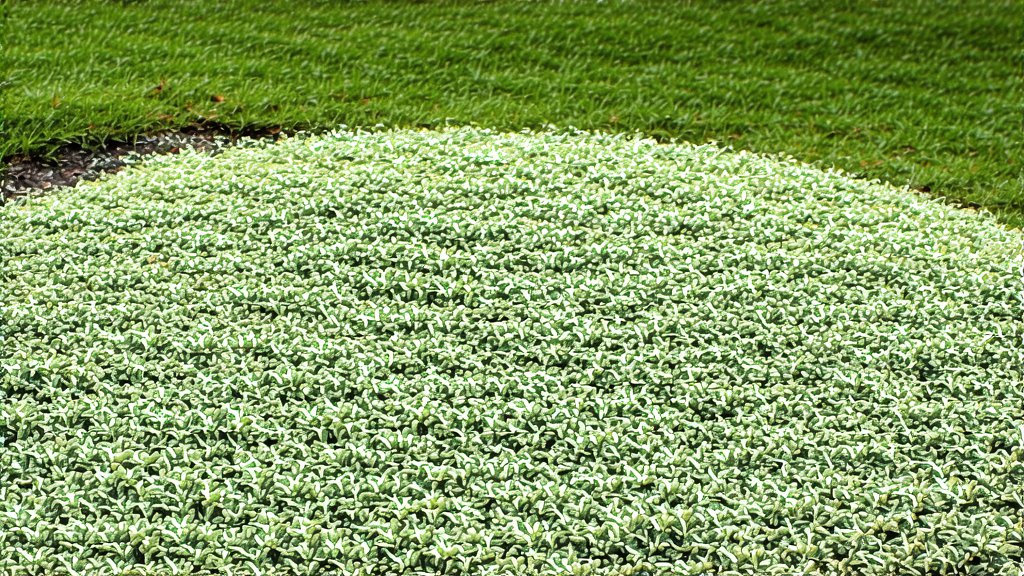
In the vast and diverse world of tea, few varieties possess the ethereal charm and purity of Baihao Yinzhen, a distinguished member of China's revered family of white teas. Originating from the lush, mist-shrouded mountains of Fujian Province, this exquisite tea has captivated tea connoisseurs around the globe with its minimalist processing, unparalleled freshness, and delicate flavor profile. As an expert in Chinese tea culture and a seasoned tea master, I am delighted to share the rich history, intricate varieties, meticulous craftsmanship, and nuanced art of appreciating Baihao Yinzhen, inviting you on a journey through the serene landscapes of one of the world's oldest and most cherished tea traditions.
A Glimpse into History
The story of Baihao Yinzhen (白毫银针), which translates to "Silver Needle White Pekoe," begins in the early Tang Dynasty (618-907 AD), although its cultivation and refinement as a distinct category of white tea likely evolved over centuries. Fujian Province, particularly the Fuding and Zhenghe regions, is renowned for its ideal growing conditions—cool temperatures, abundant rainfall, and fertile soil—that foster the growth of the Da Bai tea tree, from whose buds Baihao Yinzhen is meticulously harvested.
This tea was not only a symbol of status among ancient Chinese emperors but also a treasured offering in diplomatic relations, often presented as a gift to foreign dignitaries. Its reputation for purity and health benefits made it a prized commodity along the historic Tea Horse Road, further cementing its place in global tea lore.
Varieties and Characteristics
Baihao Yinzhen stands out for its pristine appearance and exceptional quality. The name itself reflects its defining features: "Baihao" (白毫) meaning "white down" or "silver fuzz," referring to the fine, silvery-white hairs that cover the young tea buds; and "Yinzhen" (银针) translating to "silver needle," denoting the slender, needle-like shape of the fully unfolded leaves. These characteristics are not merely aesthetic but also indicative of the tea's high concentration of amino acids and catechins, contributing to its unique taste and numerous health benefits.
There are primarily two grades of Baihao Yinzhen:
-
First Pick (Ming Qian): Harvested before Qingming Festival (Tomb Sweeping Day), these are the earliest and most prized buds, characterized by their exceptional tenderness, higher silver content, and a more refined flavor profile.
-
Second Pick: Collected after the Qingming Festival, these buds are slightly larger and may have a slightly stronger flavor compared to the first pick but still maintain the hallmark qualities of Baihao Yinzhen.
The Art of Craftsmanship
The production of Baihao Yinzhen is a testament to the artistry and precision involved in traditional Chinese tea making. Unlike other teas that undergo extensive rolling and oxidation processes, white teas like Baihao Yinzhen are processed minimally to preserve their natural essence. Here's a glimpse into the meticulous steps:
-
Plucking: Only the youngest shoots, consisting of the bud and the top one or two leaves, are handpicked with great care, usually during the early spring months when the weather is cool and damp. This ensures optimal moisture content and preserves the delicate flavors.
-
Withering: The freshly plucked leaves are spread thinly on bamboo mats or trays and left to wither under shade, allowing them to lose moisture slowly. This process can take up to 72 hours and is crucial for developing the tea's characteristic sweetness and aroma.
-
Drying: After withering, the leaves undergo a gentle drying process, either through sun drying or low-temperature baking, to reduce moisture content further without compromising the integrity of the leaves. This step fixes the tea's flavor profile and enhances its shelf life.
-
Sorting: Finally, the dried tea is carefully sorted to remove any imperfections, ensuring that only the finest, most uniform needles make it into the final product.
The Symphony of Sensory Delight
Appreciating Baihao Yinzhen goes beyond simply drinking; it's an immersive experience that engages all the senses. Here's how to embark on this sensory journey:
-
Visual Appreciation: Observe the dry leaves, noting their slender, silver-tipped elegance. When brewed, they unfurl gracefully, revealing a pale yellow liquor that shimmers like liquid gold.
-
Aroma: Before taking a sip, inhale deeply to capture the tea's subtle yet enchanting fragrance. Notes of honey, melon, and a hint of floral sweetness are often present, reminiscent of the mountain air from which it originated.
-
Taste: Take a slow, deliberate sip, allowing the tea to coat your palate. Baihao Yinzhen offers a harmonious balance of sweetness and a slight vegetal note, with a lingering finish that invites contemplation. Its smooth texture and clean aftertaste are signatures of its minimal processing.
-
Feel: Pay attention to the tea's mouthfeel—its silkiness and how it glides effortlessly across your tongue. This tactile experience complements the overall sensory enjoyment.
-
Aftertaste: Notice the lasting impression left on your palate. A good Baihao Yinzhen should leave a refreshing, almost cooling sensation, with a sweet aftertaste that persists gently.
Cultural Significance and Modern Appeal
Beyond its physical attributes, Baihao Yinzhen embodies the essence of Chinese tea philosophy—harmony between nature and humankind. It symbolizes purity, simplicity, and the pursuit of inner peace, reflecting the Daoist principles that permeate Chinese culture. In contemporary times, as the world becomes increasingly aware of the importance of holistic well-being, Baihao Yinzhen has gained popularity not only for its exquisite taste but also for its reputed health benefits. Rich in antioxidants, catechins, and amino acids like L-theanine, it is believed to boost the immune system, promote relaxation, and support cardiovascular health.
Conclusion
Baihao Yinzhen is more than just a tea; it is a bridge connecting past traditions with present-day appreciation for natural wellness. Its journey from the misty mountains of Fujian to tea cups worldwide encapsulates the timeless elegance and profound depth of Chinese tea culture. Whether you are a seasoned tea enthusiast or a curious newcomer, we invite you to savor this remarkable infusion, immerse yourself in its history, and let Baihao Yinzhen transport you to a realm where nature's purity meets human craftsmanship at its finest.